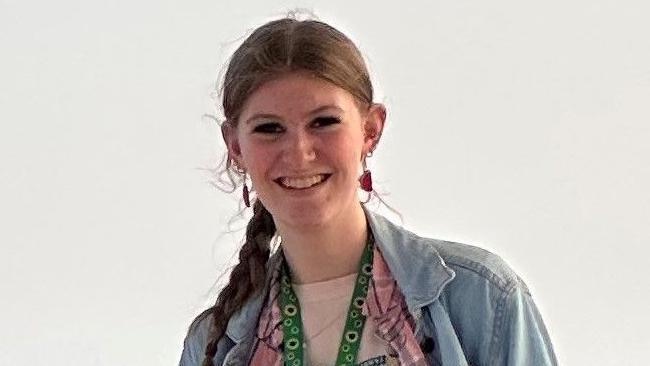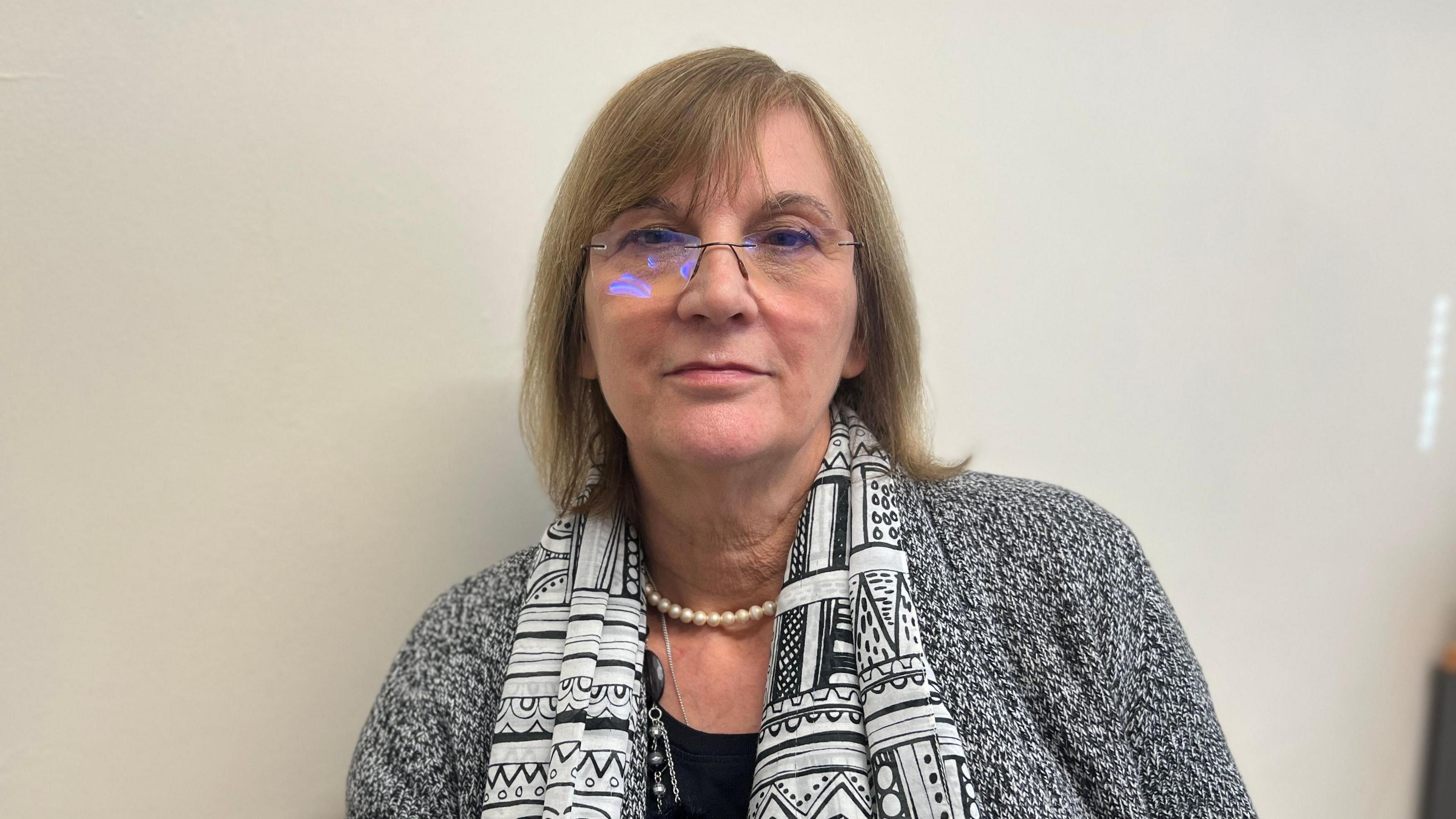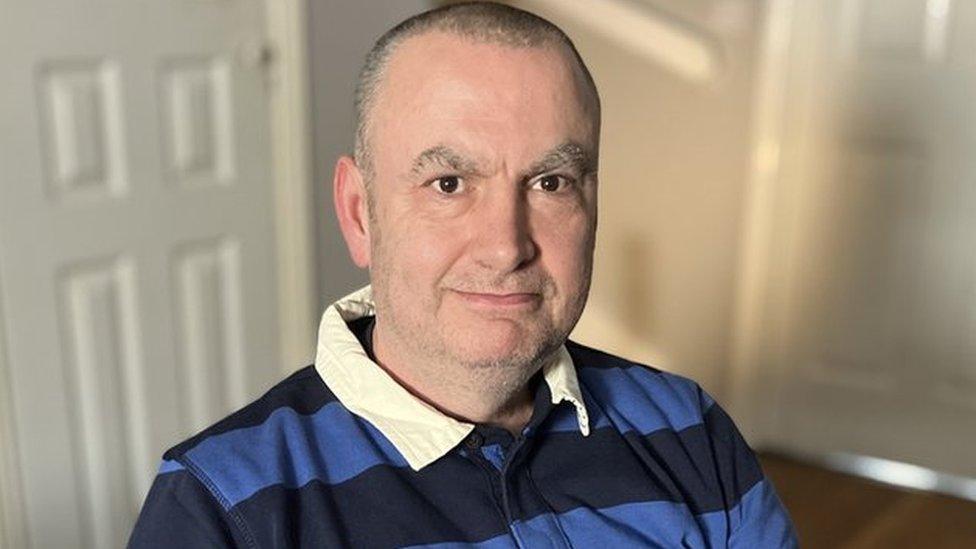Autism discrimination fears for job seeker

Ella Sullivan is among those to speak out about finding work as a person with autism
- Published
A young woman with autism has described not disclosing her diagnosis during job applications over fears she will suffer discrimination.
Ella Sullivan, 21, has been working with charity Graft in Reading to help her overcome barriers and to get into employment.
She joined others telling their stories after a report showed that ambiguous interview questions and application forms were keeping people with autism out of work.
The government has urged employers to "get behind" all recommendations set out by Sir Robert Buckland's report, external.

The Buckland review said that for certain jobs, there was evidence that autistic staff could be more productive than neurotypical staff
Ms Sullivan said she sought help to improve her CV, but also to increase her confidence.
"It's all quite difficult, even just an interview is quite scary to navigate when you miss social cues and stuff like that," she said.
"The fear of discrimination does hold me back from disclosing my diagnosis due to the stigma.
"I don't want people to have preconceived ideas about me before getting to know me."
She added: "It can be quite hard to be considered professional with your autistic traits.
"Masking is when you have to hide your traits and it's not always intentional that you hide them - it can be a result of the environment you're in. Masking can be quite tiring and lead to overwhelm."

Hazel Wright, CEO of Graft Thames Valley, is trying to help people with autism overcome barriers to employment
Another woman using the charity, who did not want to provide her name, told the BBC: "There is the idea that as soon as I disclose my diagnosis I wouldn't be hired or I'd have to explain what autism is, which is such a loaded question as autism is so complicated.
"I started working with Graft because I was managing to get interviews and for certain job opportunities I was progressing quite far but I'm still unemployed and not been offered a job."
Hazel Wright, CEO of Graft Thames Valley, said the charity helped people with autism overcome barriers.
"I think [employers] can engage with people like ourselves and other support companies to be flexible in the way they recruit and interview people with their onboarding processes," she said.
Follow BBC South on Facebook, external, Twitter, external, or Instagram, external. Send your story ideas to south.newsonline@bbc.co.uk, external.
- Published28 February 2024
